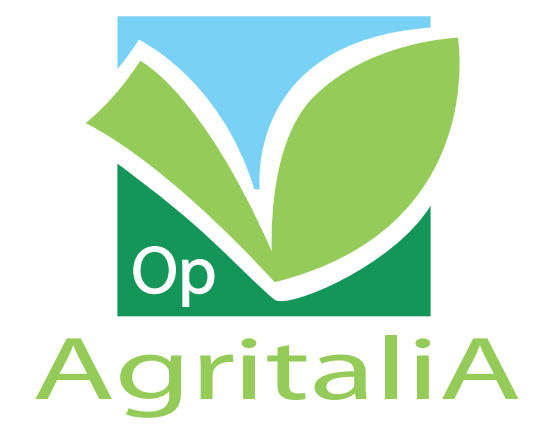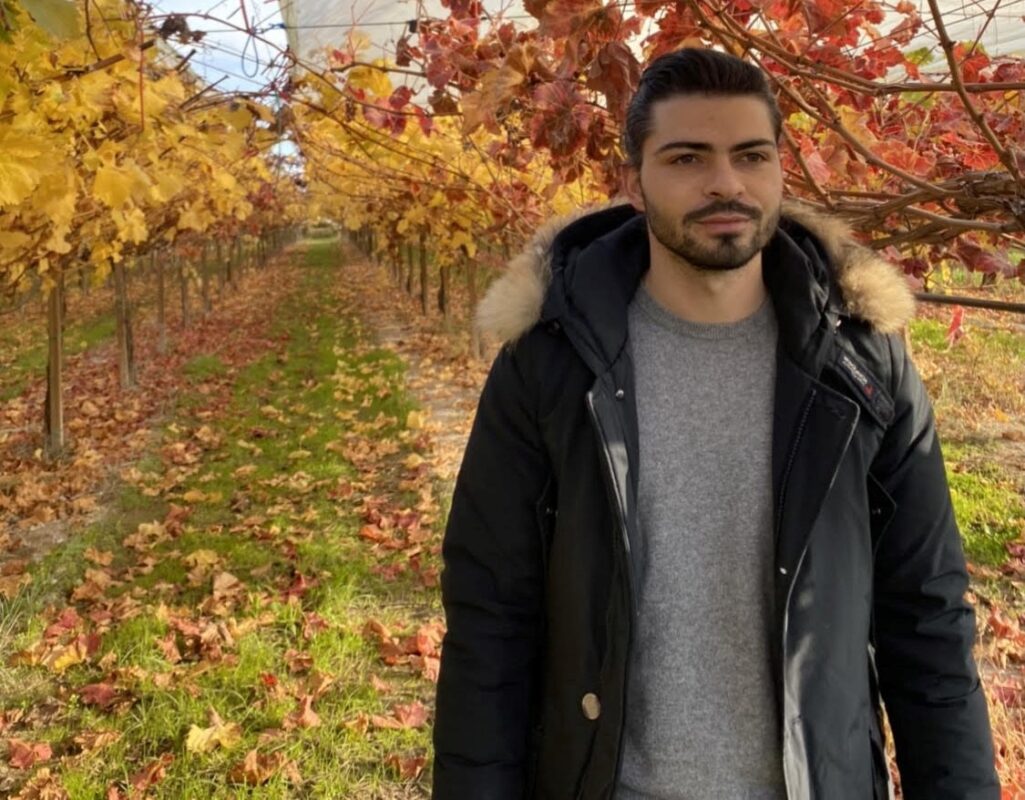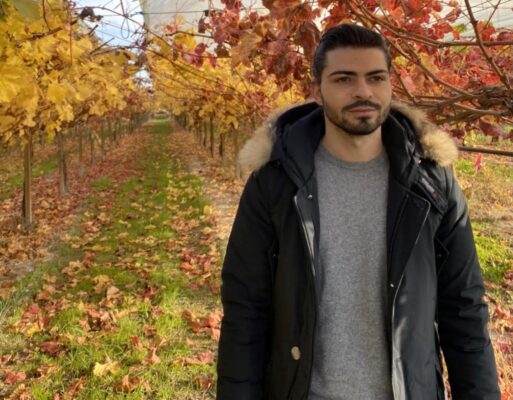We talk about it with Francesco Laporta, Quality Manager of O.P. Agritalia
Sustainability Department. With the Green Deal, Europe has outlined a plan of action to promote the efficient use of resources, to restore biodiversity and to reduce pollution. The entire fruit and vegetable sector is called upon to respond to these requests with concrete initiatives. How are companies moving? We interviewed Francesco Laporta, Quality Manager of O.P. Agritalia, an organization of producers in Apulia and Sicily, to have a testimony of which are the strategies put in place to look in the same direction of the community policies.
One of the measures foreseen by the Green Deal concerns the use of pesticides in agriculture, which is aimed at reducing by 50% by 2030. What is O.P. Agritalia’s position on this objective?
“The European Action Plan for a more sustainable development is in line with the objectives that O.P. Agritalia has been pursuing for several years. We have been working in this direction for a long time because we are convinced that respect for the environment is the necessary condition for the production of a healthy product. Today, the implementation of precision farming techniques allows us to reduce the use of pesticides by 70%. We adopt these practices on our productions to guarantee our partners safety and sustainability. In addition, our agronomic programs include minimum tillage and no-tillage systems that mitigate nutrient losses to the soil and counteract soil depletion. We follow IFS Food guidelines in our supply chain processes, ensuring the quality of our products.”
Promoting biodiversity is another goal of the Green Deal. Do you think that for a farm this is just a cost or can it become a value?
“Biodiversity is essential if you want to increase the effectiveness of agronomic management of a land. There is a lot of research around the world studying how the use of insects and plants can counteract the spread of pathogens. We carefully follow the evolution of these studies and we use these techniques on our crops: we promote the presence of bees, we practice the sexual confusion for the control of insects and pests. We are creating natural barriers with tree vegetation typical of the Mediterranean scrub, such as mulberry, strawberry tree, holm oak with the aim of creating a biodynamic environment, to return as much as possible a bit of nature to natur
e. These activities, although they represent a cost, generate value both on the product and on the entire organization of producers.
Farm to Fork envisions the enhancement of organic farming. What are your thoughts on this?
In my opinion, organic represents an opportunity for all stakeholders in the sector, as well as for the environment. Our organization has been moving in this direction for some time, with an organic production that today is around 20% for grapes and stone fruit and is growing steadily: in 2021 we will add 12 hectares of stone fruit. This year we launched Feel Bio, our line of organic table grapes on which we have ambitious plans for the future. Organic farming is not an extemporaneous phenomenon: it is a real transformation of our way of life. For this reason, our organization is increasingly oriented towards products that offer greater guarantees for health, respect for the environment and social equity.
In promoting sustainable development, Europe also includes a social objective that aims to ensure fair economic compensation in the food chain. Is Corporate Social Responsibility part of O.P. Agritalia’s business strategy?
Yes, we are active in the social sphere: we believe that work is a tool for inclusion and that the entire agricultural sector must commit itself to this direction. Together with Altromercato, Caritas Diocesana di Trani-Barletta-Bisceglie and the social enterprise Terre Solidali, we have created the Primo Passo project to offer refugees and marginalized people the chance to undertake a professional path in the harvesting and packaging of organic table grapes. Some of these men and women have remained to work in our company, others have left for new European destinations. Either way, we like to think that, even if in a small way, we have supported the difficult task of building a future for these people.




 Italiano
Italiano